
A three-year-old Dala Modu was standing next to his mother and visibly in pain as he dangled the leg wounded by a shard from an off-target Nigerian Air Force (NAF) missile 14 months ago.
On his head is another wound. Although healed from the surface, his mother said he suffered epileptic night headaches that would wake them up occasionally for 14 months.
“I suspect he has bomb particles still lodged in his head,” his mother, Kusam Modu said.
Recounting how the incident happened, Kusam said she was in the kitchen when an aircraft roared in the sky and dropped a bomb on her two children.
She said Dala was lucky to survive, but her other child was badly hit and he died instantly.
“It was a thunderous sound that deafened my ears for some time. I couldn’t see anything because the whole place was enveloped by dust and thick smoke.
“By the time I came back to my senses, I began to search for my children. I first saw the charred body of his brother, while Dala was covered in blood,” she said.
Kusam said the pain of seeing the charred remains of her late son would continue to hunt her until her last breath.
“It is sad that since the incident happened no government official came to condole or support us, but I leave everything to God. My life will never be the same again,” she added.
Modu Dala Buhari, the father of the two boys, said he was having breakfast with his friends outside the house when the missile struck; and confused by the deafening sound, he ran into the bush.
“Having seen how a thick smoke and dust enveloped the sky, I decided to return to the village. I first saw my friends covered in blood, some dead, others critically wounded.
“I rushed into my house where I saw the charred body of one of my two sons, while the other survived with a broken leg and head injury. It was a gory sight,” he said.
He said all the injured victims were rushed to hospital in Geidam before the dead was later buried.
“To our surprise, till this day, no government official came to see our condition, condole or sympathise with us,” he lamented.
Modu also said the community was demanding compensation from the Nigerian Air Force that dropped the bomb.
Dala is just one out of the many victims currently fighting to survive the consequences of the September 14 military airstrikes that killed 8 people and injured 31 in the Buhari community in Yunusari Local Government Area of Yobe State.
A visit by Daily Trust to the Buhari community revealed how some of the victims became permanently deformed, some traumatised and others still nursing their wounds.
Umara Buhari, another victim who lost his kneecap to the incident, said he could no longer undertake his farming occupation, and therefore, demanded compensation.
“The bomb hit my leg and damaged my kneecap, after treatment at the Gaidam hospital, the leg became stiff. I can no longer bend to enable me farm.
“As it is now, I don’t go to the farm, and we have not heard anything from the government. We expected them to check and see our conditions, but apart from you, no one came to even sympathise with us.
“I want the government to pay me compensation so as to support myself and the family under my care,” he said.
Hajja Fanna, who was also deformed by the injuries sustained in different parts of her body, said that since the incident happened, she would not walk without support.
“I was in the kitchen preparing breakfast when the military jet struck. I found myself on the ground and blood was gushing out of my thigh, shank and palm.
“People were running all over. I tried to get up many times to join them but I couldn’t. That was how people came in and took me to Geidam General Hospital.
“I was discharged some days later but I am still nursing the wounds. My upper leg joint is affected, that’s why I cannot walk without support.
“All I need is for the government to treat me so that I can walk again and do my house chores. I am tired of depending on others,” she pleaded.
Another victim, Ari Mele, said that when the bomb hit him he became unconscious and found himself in Geidam General Hospital the following day.
He said that when he woke up, he discovered that a shard of the missile had pierced the lower part of his leg. He was treated for five days before he was discharged.
“But I now battle with headache and itchy eyes. The good news now is that I can hear any sound without difficulty, unlike before,” he said.
Mele said he needed nothing from the government better than to help the victims get proper medical attention, and support them with essential items that would reduce their suffering.
“Before anything, I want the government to provide us with proper medication so that we can have normal life again. It is sad that lives were lost and many of us got injured but the government shows no remorse for our plight,” he lamented.
Lawan Kolo, who had a daughter affected by the bomb, also complained that people in the community felt rejected by the government after the incident.
“We didn’t do anything that would provoke this attack. They killed our people and injured several others, yet the military has refused to apologise or sympathise with us.
“My daughter is now fully recovered but the trauma is still there. I am not happy with the attitude of the government,” he said.
Yusufu Mele, who narrated how he lost two of his closest friends to the bomb while eating breakfast with them outside his house, said the military jet roared in the sky and in less than 10 seconds, they were all gone.
Mele said he was sitting in the middle when the bomb exploded, adding, “I just saw the mutilated leg of one of them who was asking me whether seeing the jet was a good sign. The other one got up and ran a few distance before he fell down and died. I became very confused,” he recounted.
Mele said he was still traumatised by the loss of his closest friends in such circumstance, and called on the government to treat them with justice.
We’re not harbouring Boko Haram – Residents
Residents of the community who spoke with Daily Trust Saturday, however, said they were not harbouring Boko Haram elements as people always claimed.
“They (ISWAP) members visit Geidam at will to engage the military that have sophisticated weapons. Who are we to stop them from coming to this place if they wish?” one of the residents asked rhetorically.
Daily Trust Saturday reports that soon after the attack, Governor Mai Mala Buni directed government hospitals in Geidam and Damaturu to offer free medical services to those who sustained injuries in the disaster.
Some of the locals also said politicians who visited them shared N10,000 to those around.
Military admits attack, but no action
When the incident happened, the military was quick to deny that “no bomb or missile was expended,” but 24 hours later, it admitted the attack and promised to set up a “board of inquiry.”
Edward Gabkwet, NAF director of public relations and information, said the jet was targeting ISWAP members when the village was mistakenly attacked.
Daily Trust Saturday reports that for more than a year now, nothing has been heard from the military, while the victims of the incident are left to bear the brunt without any form of support.
Gabkwet did not pick his calls or respond to a message sent to him on Thursday to comment on the plight of the victims of the airstrikes.
Another airstrike wipes out family
Days after the airstrike in Buhari community, a similar operation was carried out in Geidam town, which wiped out a family of seven and four guests taking refuge in their compound.
Mustapha Abubakar, the husband and father to the wife and six children killed by the missile, also accused the government and military of insensitivity and neglect.
Narrating what transpired, Abubakar said that on that fateful day, he shared some banter with his wife and children for a long time. And when he was about to leave, his wife told him that, “There was a rumour that Boko Haram would attack Geidam, so don’t try to rush home to avoid falling victim of stray bullets. We cracked jokes and I left for the market.”
Abubakar said the incident took place before he even got to the market, so he took refuge at his in-laws’ house, which was nearby.
“When I discovered that the gunfire was intense around my house, I became restless and told my in-law that I would be going to check my family, but they stopped me.
“I called my mother because we lived in the same area and she also warned me not to come.
“Few hours later, I called and my mother told me that a missile was dropped in my house and my wife, six children and four other guests were killed. Despite efforts by people to stop me, I went and saw their corpses littered on the floor. Only one of my daughters survived,” Abubakar said while shedding tears profusely.
He said, “Since that incident, nobody from the side of the military or government come to sympathise with me, not even the local government chairman.
“I spent a lot of money to treat the toddler that survived the attack, but without any form of support from government, the girl later died from complications,” he lamented.
Lawan Buhari, the leader of the village, said the victims needed more attention from the government, particularly those that are yet to recover,
He said, “These people are suffering – women, children and husbands that are taking care of families were affected, and most of these people can no longer do their house chores or go to the farm.”
‘Buhari is inaccessible, high risk area’
When contacted, the executive secretary of the Yobe State Emergency Management Agency (SEMA), Dr Mohammed Goje, said Buhari community was inaccessible and one of the high risk areas that government cannot risk the lives of its personnel to visit.
“But even at that, we were able to evacuate victims and treated them. The community is still inaccessible and we are concerned about the safety of our personnel.
“We have linked with the community leaders to make victims with long term injuries to come for free medical attention.
“Also, if there are more concerns, government is willing to support them as directed by Governor Mai Mala Buni,” he said.
Casualties pile up
Over the years, civilian casualties resulting from erroneous military operations have continued to pile up in the volatile areas of North East and North West, Daily Trust Saturday reports.
Earliest among them was the bombing of an internally displaced persons camp in Rann community, Borno State, where more than 100 IDPs and aid workers were killed.
Another Air Force jet, in April 2020, also dropped a bomb that killed 17 people, mostly women and children, in Sakotoku village in Damboa Local Government Area of Borno State.
On September 28, 2021, 20 fishermen were killed in another military bombardment that targeted terrorist camps in Kwatar Daban in the Lake Chad area.
Other airstrikes from fighter jets targeting terrorists also claimed the lives of a woman and her four children at Sububu, Zamfara, North West Nigeria.
The biggest error happened when the accidental bombing hit ground troops and killed soldiers in a military truck on April 2021 in Mainok town, Borno State.
Why Boko Haram recruit locals – Security analysts
Security analysts have raised concerns that this situation poses a threat to the safety of civilians and could undermine security, particularly by creating grievances that are likely to push people in volatile areas to join terror groups.
One of the security analysts, Malam Kabiru Adamu said, “In any counterinsurgency going on, one of the first things to achieve is winning the hearts and minds of the affected population. That is when insurgency can end.
“If the government is not able to win those people, the insurgents will get the opportunity to win the people. So, whatever the government is doing, they should be able to win the hearts and minds of those people.
“Where the victims feel they were not compensated for what happened, it would further entrench them against the government, and that would allow the bad guys to recruit them,” he warned.
Victims have case against military – Lawyer
When contacted, a legal luminary who didn’t want to be named thinking that he may be an interesting party, said the victims had a case.
“Yes, they have a case, but have they communicated to the right channel? I mean, have they notified the authorities, telling them about the victims and what happened and the responsibility of the military, which they refused to execute?
“By doing this, a formal communication has been established between the victims and the military that carry out the attack. Without that, there is no time they will listen to them, let alone address the issue,” he said.
Asked if they had already followed that procedure, he said, “Their lawyer should write a formal letter to the military authorities, giving them a statutory notice to compensate the victims or they will resort to legal action against them.
“This is the best way to go about it, and their lawyer should copy the attorney- general of the federation, stating clearly that if the matter is not addressed he would head to court.”
The international humanitarian law provides that combatants must take all feasible precautions to minimise harm to civilians, unless they directly participate in hostilities. Sadly, many civilians in Nigeria and around the world have continued to become victims of war.
(culled from Daily Trust)


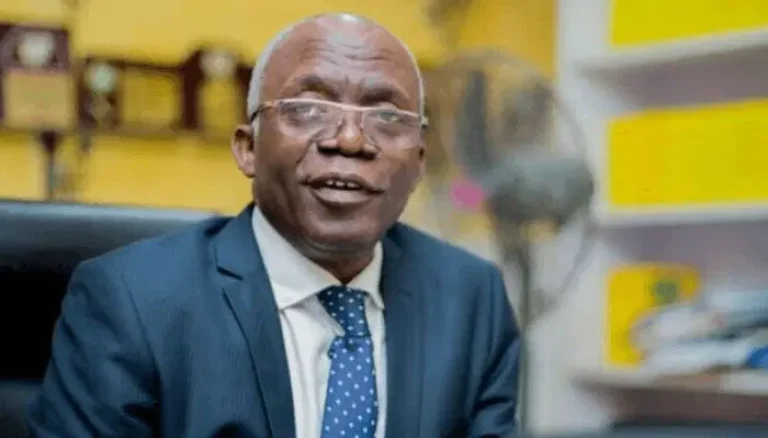
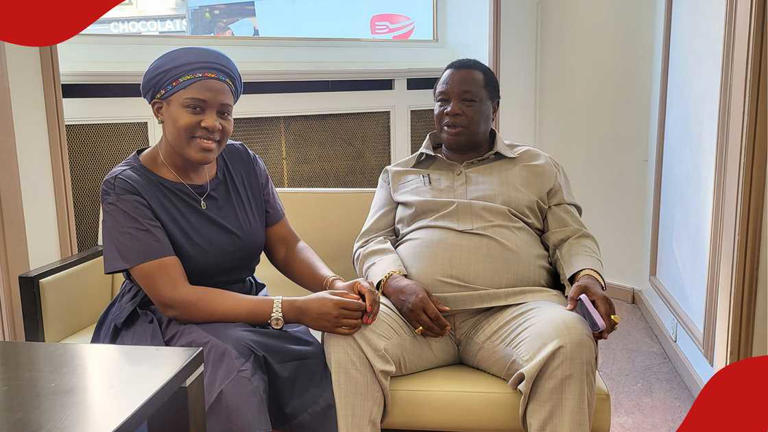
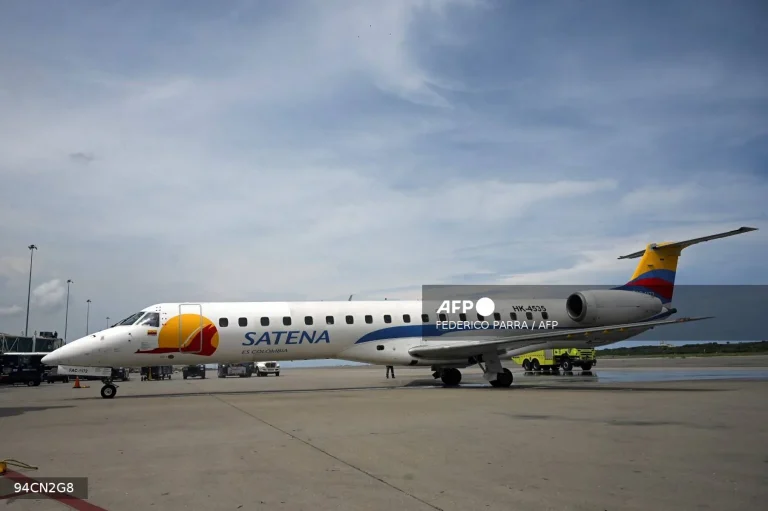

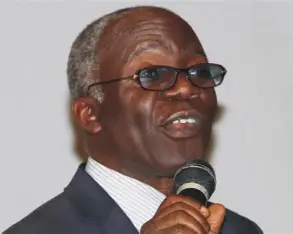
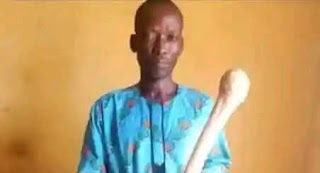
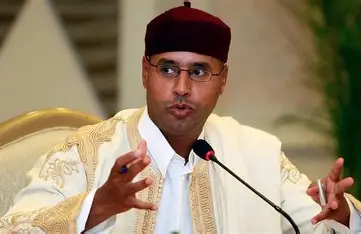
361755 689430Aw, this is an incredibly nice post. In thought I would like to put in spot writing like this moreover – spending time and actual effort to create a great article but exactly what do I say I procrastinate alot through no indicates appear to get something accomplished. 166035
866945 642876You could definitely see your skills within the work you write. 37851